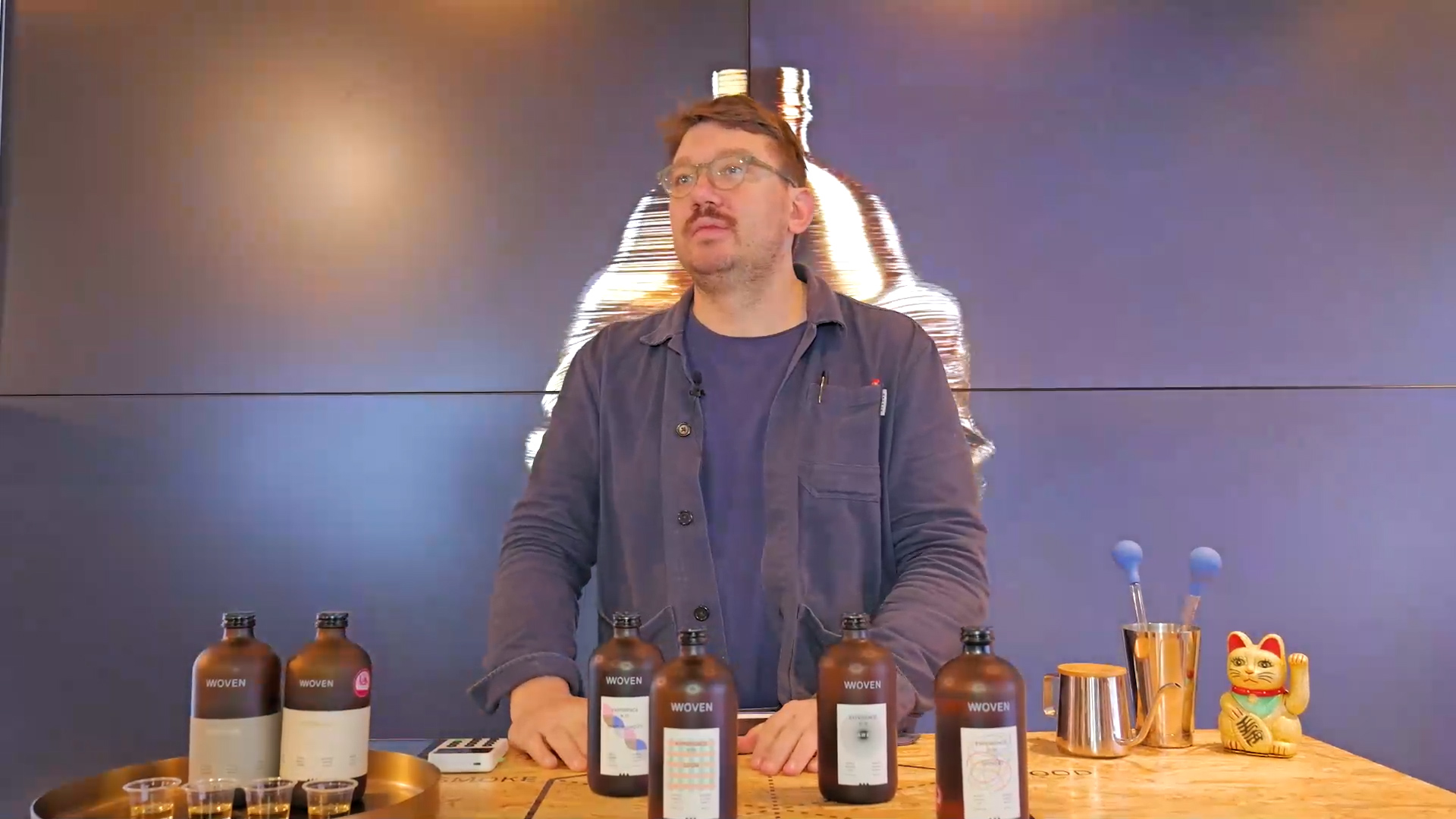Interest rates: Time to cut?

You can also listen to this podcast on iono.fm here.
Download the free LiSTN audio app on Google Play, Apple or here.
SIMON BROWN: I’m chatting now with Lullu Krugel, economist at PwC. Lullu, I appreciate the early morning time. We’ve got the MPC [Monetary Policy Committee] meeting tomorrow. Before we delve into what they might do, my big head-scratch at the moment – and I don’t know if you have the answer – is that by reports Kuben Naidoo has left. That leaves us with three deputies and the governor. That’s four. What happens if we get a two-two split vote? Do they just carry on debating?
Read: Sarb Deputy Governor Kuben Naidoo resigns
LULLU KRUGEL: [Laughing] I don’t know. It’s a good question. It’s a very good question. I’m sure they have some kind of way in which they will handle that, although I personally think if we look at the last couple of meetings the chances of a split right now are getting smaller. A couple of months ago I would’ve been very worried about that but at the moment I think they’ll go in the same direction.
SIMON BROWN: That’s a good point, because at the last MPC meeting it was unanimous, whereas before there had been some splits. So the MPC consensus is that rates have peaked. We are in the holding space. Do you concur with that? Are we now sort of starting to talk about when rates start to come down, rather than are we going to get another increase?
LULLU KRUGEL: Yes. I wouldn’t say that an increase is completely out of [the question], that there’s absolutely no chance of that happening – although it’s slim. It’s very slim. And even if you listen to what the governor’s been saying in his last couple of speeches, he has been consistently saying this. If the situation changes, we’ll have to react if the rest of the world changes direction. Although I must say, as a typical economist, we have our models and there is a very slim chance, but not a complete impossibility, of one more rate hike, although at the moment I would put it at less than 5% for something like that happening.
SIMON BROWN: I take the point on that, and that perhaps is the key thing – which is that you want your MPC to be data-dependent, and actually look at the numbers rather than, I don’t know, be swayed by folks like me who would like lower rates.
LULLU KRUGEL: That’s true. I think the MPC really has its focus on where inflation expectations are going. So yes, the inflation numbers that are coming out, they will look at those. But they already have a view on where inflation should be going, and that’s what they make their decisions on. They want to direct inflation in a particular direction. And if they see that in a couple of months’ time not going in that direction, that actually weighs more than the current or historical inflation rates. That would be the key driver.
That’s the uncertainty that they’re working with at the moment. And that’s why, while I suppose in a similar vein, as I said, there’s a small chance, a very small chance of an increase in the short term, at the same time I would say there was an outside chance that we would see a reduction in the interest rate in this first quarter in January or March. At the moment that looks very unlikely.
And even in the second half of the year – where we thought, okay, there’s a good chance of that happening – that’s starting to become a big question mark and we are looking towards the end of 2024 or the third quarter at least before we might see some reduction in interest rates starting to come through.
SIMON BROWN: In other words, and if that plays out – and I appreciate the modelling is hard and lots can change between now and then because your model’s also data-dependent – we are looking at maybe 0.5%, maybe 0.75%. In other words, prime at 11.25% or maybe just 11.0% by the end of the year.
LULLU KRUGEL: That’s absolutely right. So we are in a holding pattern for a while and it’s going to be a slow downward trend from there. It’s not going to be what we saw during Covid when rates were suddenly and very, very quickly reduced. It’s not going to be that. So unfortunately – although I think consumers can take a bit of a breather to say, okay, this is it, it’ll probably not get worse – it’s not going to change dramatically and it’s going to be a slow process going forward.
There are just so many things at the moment that are creating inflationary risks outside of South Africa. I think that is probably the biggest challenge that we are sitting with – geopolitical uncertainty and supply-chain uncertainty that’s coming from that. Luckily it seems that [while] on the food end we were talking about a potentially lower rainfall season for South Africa in the summer rainfall areas – El Niño if I’m not mistaken – that looks like less of an issue than we originally thought. So that gives us a bit of light at the end of the tunnel in terms of food inflation. But fuel remains probably one of the biggest head-scratches – fuel and energy prices.
SIMON BROWN: Risks abound, I suppose.
We’ll leave it there. Lullu Krugel from PwC, I appreciate the early morning.
Listen to the full MoneywebNOW podcast every weekday morning here.






